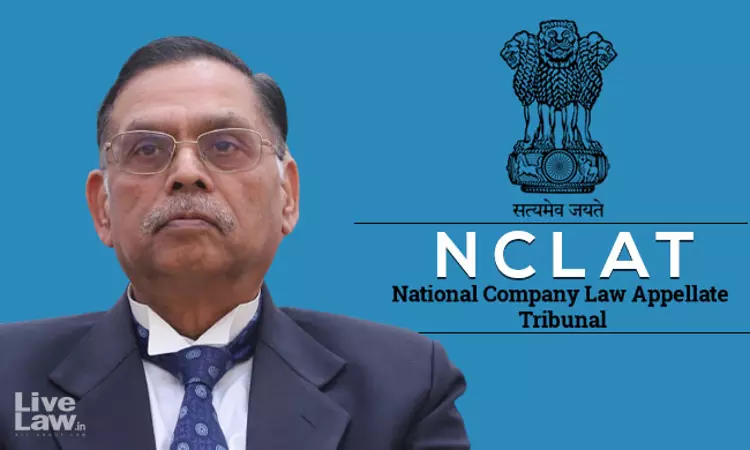Computation Of Limitation Must Be From Date Of E-Filing Of Appeal: NCLAT Principle Bench
Rajesh Kumar
31 July 2024 10:00 AM IST

Next Story
31 July 2024 10:00 AM IST
The National Company Law Appellate Tribunal, Principal Bench, New Delhi of Justice Ashok Bhushan (Chairperson) and Barun Mitra (Technical Member) has held that the computation of limitation for NCLAT purposes must be from the date of e-filing the appeal. Brief Facts: The matter pertained to an appeal filed under Section 9 of the Insolvency and Bankruptcy Code, 2016 (IBC)...
